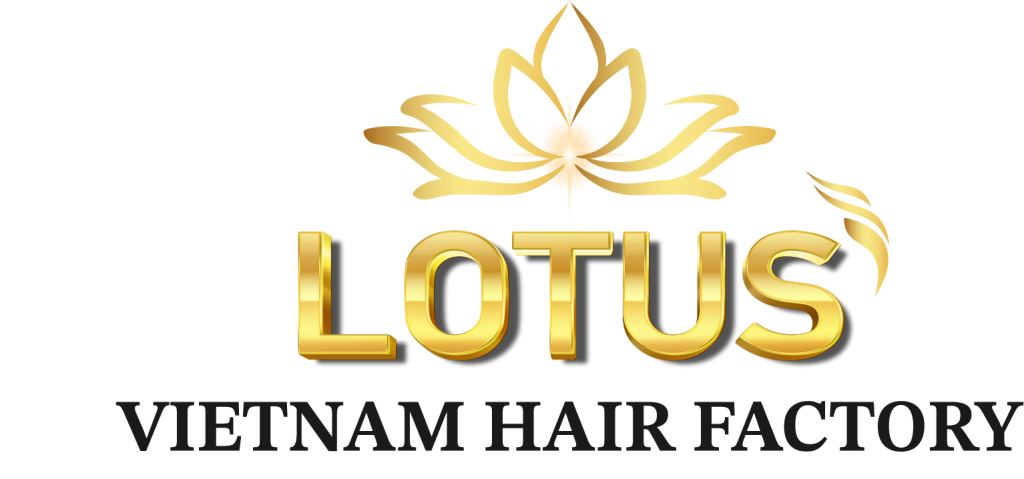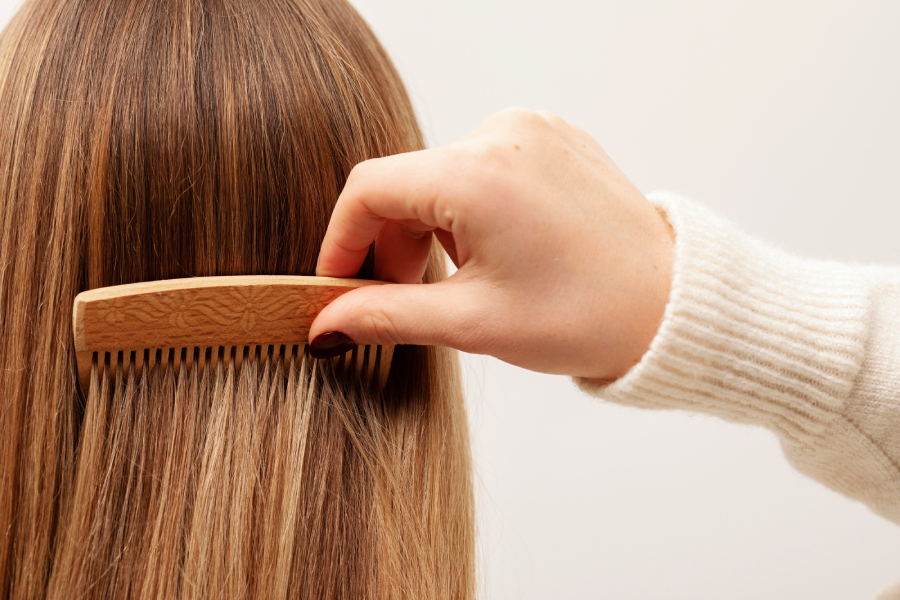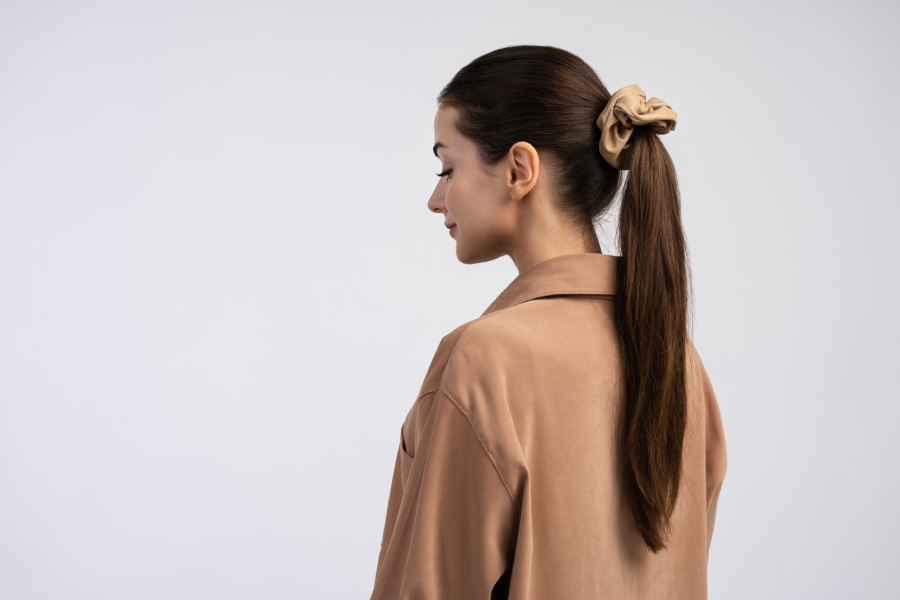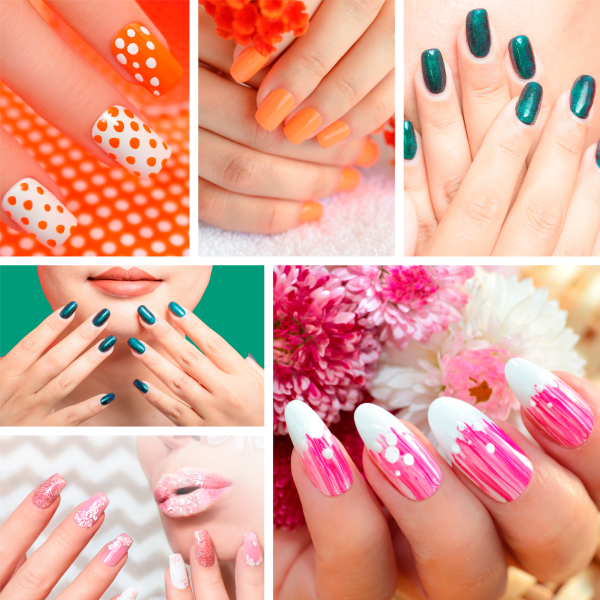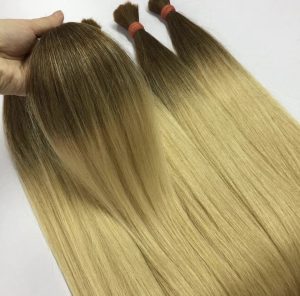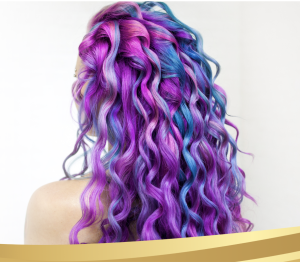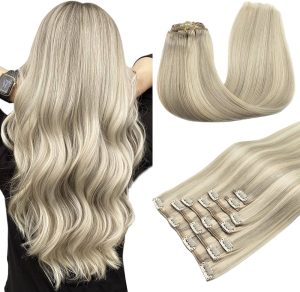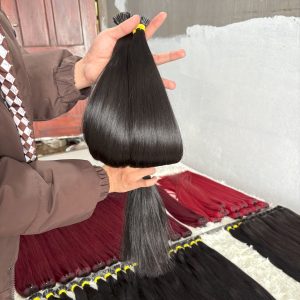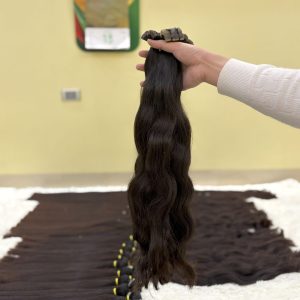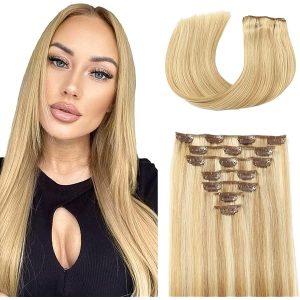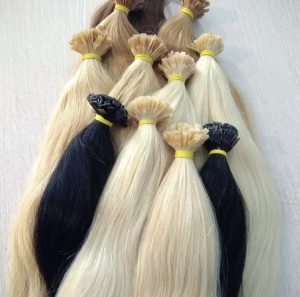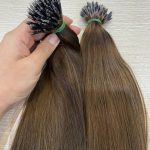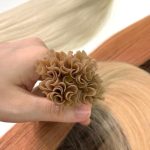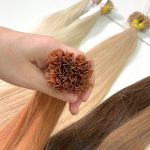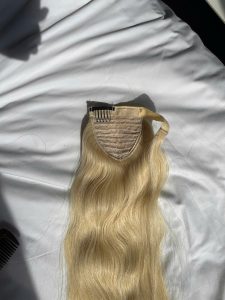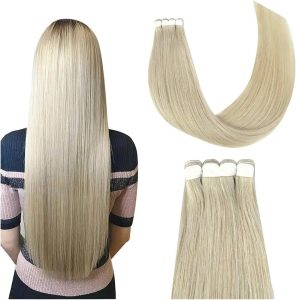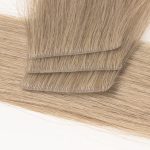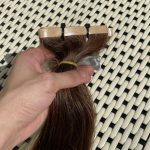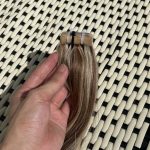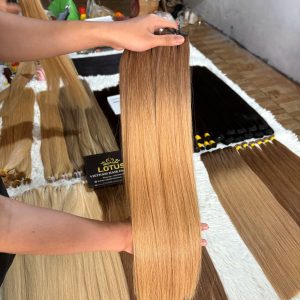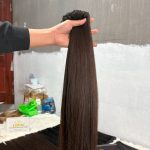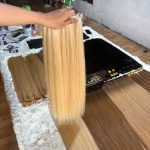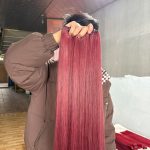Stress and Hair Loss – What Can You Do to Improve the Situation?
Are you experiencing more hair loss than usual? Do you notice strands of hair falling uncontrollably every time you run your fingers through your hair? Or perhaps you often find hair scattered on your keyboard while working? These may be signs of prolonged stress—one of the most common but often overlooked causes of hair loss.
Stress not only affects your mental state but also impacts your overall physical health—from hormonal imbalances and sleep disorders to digestive issues, skin conditions, and hair problems. One common physical response to stress is a condition called telogen effluvium, which refers to excessive hair shedding caused by interruptions in the hair growth cycle due to psychological or physical stress.
How Does Stress Affect Your Hair?
Stress can be categorized into two main types: acute (short-term) and chronic (long-term). Situations like relationship conflicts, work pressure, financial crises, illness, or the loss of a loved one can all place a heavy burden on your mental health. If prolonged, these stressors can disrupt the natural hair growth cycle.
Normally, hair goes through three phases: the growth phase (anagen), the transitional phase (catagen), and the resting phase (telogen). Stress causes a larger number of hairs to prematurely enter the resting phase, resulting in sudden hair shedding 1–3 months after the body experiences a psychological or physical shock.
If you’re noticing significant hair loss without a clear reason, consider scheduling a medical check-up. Blood tests or hormone analysis may reveal underlying issues such as iron deficiency, thyroid disorders, or vitamin deficiencies—factors that can accelerate hair loss when combined with stress.
Postpartum Hair Loss – A Common and Temporary Phenomenon
Pregnancy brings significant physiological changes, and hair is no exception. During pregnancy, many women notice their hair becomes thicker, shinier, and grows faster. This is due to increased estrogen levels, which extend the hair’s growth phase, along with the intake of prenatal vitamins.
However, after childbirth, estrogen levels drop suddenly, pushing hair into the resting phase and leading to excessive shedding. This typically occurs 2–4 months postpartum and can last for several weeks to a few months.
The good news is that postpartum hair loss is usually temporary. In most cases, hair begins to regrow within 6–12 months if the mother’s body recovers well and receives proper care.
Tips to reduce postpartum hair loss:
-
Continue taking multivitamins or prenatal supplements.
-
Maintain a diet rich in iron, protein, and omega-3s.
-
Avoid tight hairstyles and excessive heat styling.
-
If feeling self-conscious, consider wearing wigs, hair extensions, or stylish turbans.
Extreme Dieting Can Trigger Hair Loss Too
Many people pursue unhealthy diets in hopes of losing weight quickly—such as fasting, cutting out essential food groups, or using unregulated weight loss supplements. When the body suffers from severe nutritional deficiencies, hair is often one of the first areas to be affected.
Hair is primarily made of keratin—a special type of protein. A lack of protein weakens hair structure and leads to breakage. Additionally, minerals like zinc, iron, and vitamins B6, B12, and biotin are essential for maintaining healthy hair.
An unbalanced diet can also reduce blood flow to the scalp and slow down cellular metabolism in hair follicles, contributing to increased shedding.
Effective solutions:
-
Consult with a nutritionist or doctor to assess your health and detect nutritional deficiencies.
-
Return to a well-balanced diet: include leafy greens, fruits, fatty fish, eggs, nuts, and seeds.
-
Take daily multivitamin supplements if needed.
-
While your hair recovers, you might consider temporary styling solutions like wigs, extensions, or gentle hairstyles to boost confidence.
Chronic Stress and Anxiety – The Silent Enemies of Your Hair
Chronic stress doesn’t just affect your mood—it can lead to a host of health problems including digestive issues, high blood pressure, insomnia, and, of course, hair loss. When under long-term stress, the body produces cortisol—an immunosuppressive hormone that weakens hair follicles and pushes hair into the resting phase sooner than normal.
This process often occurs silently but gradually, resulting in patchy hair loss, overall thinning, or noticeably less dense hair over time.
How to improve the situation:
-
Manage your mental well-being through yoga, meditation, journaling, or relaxing walks.
-
Seek psychological therapy if you’re experiencing ongoing anxiety, emotional disorders, or depression.
-
Prioritize self-care: get enough sleep, maintain healthy social relationships, and avoid major sources of stress.
-
If hair loss is affecting your confidence or daily life, consider temporary cosmetic solutions to manage your appearance while working on internal healing.
What You Can Do Starting Today
Regardless of the cause—stress, hormonal changes, or nutrition—you can take proactive steps to manage and reduce hair loss starting now:
-
Stress management: Prioritize rest, engage in light physical activity, and learn to say no to unnecessary stressors.
-
Nutritional supplements: Multivitamins, biotin, vitamin D, and minerals like zinc and iron can support hair recovery from the inside.
-
Avoid heat and harsh styling: Limit the use of blow dryers, curling irons, dyes, and strong chemical styling products.
-
Gentle hair care: Use mild shampoos and regularly massage your scalp to improve circulation.
Conclusion
Stress-related hair loss is usually temporary and reversible if you listen to your body, act in time, and follow a healthy hair care routine. Keep in mind that truly healthy hair doesn’t just come from external treatments—it begins with inner balance in both body and mind.
Love yourself more—through both thoughts and actions—because a strong and healthy mind will reflect in your vibrant, shiny, and resilient hair.
Lotus Hair Vietnam – A Leading Manufacturer of High-Quality Hair Extensions
With over 14 years of experience, Lotus Hair Vietnam takes pride in being one of Vietnam’s leading hair extension manufacturers, specializing in providing premium Vietnamese hair to international markets. Established in 2010, we have continuously developed and strengthened our reputation worldwide, particularly in the United States and Europe.

Quality is always our top priority at Lotus Hair. We are committed to delivering consistently high-quality hair products with smooth texture, natural shine, and long-lasting durability.
Every batch of hair extensions undergoes strict quality control to ensure strength, softness, and compliance with international standards—ready to conquer even the most demanding markets like the U.S. and Europe.
Whether you are a retailer, salon owner, or distributor, we offer tailored supply solutions to help you grow your business with direct-from-factory pricing and premium-quality products.
Contact us today for expert consultation and the best pricing options!
| LOTUS HAIR VIETNAM | |
| Hotline & WhatsApp | +849.9595.3999 – Ceo – Mr. Ben +849.969.01.777 – Mr. Erik +849.969.03.777 – Ms. Tina +849.969.05.777 – Ms. Vietnam +849.969.06.777 – Ms. Maria |
| Email: | [email protected] |
| Address: | 210/11J Cach Mang Thang Tam Street, Ward 9, District 3, Ho Chi Minh City, Vietnam. |

